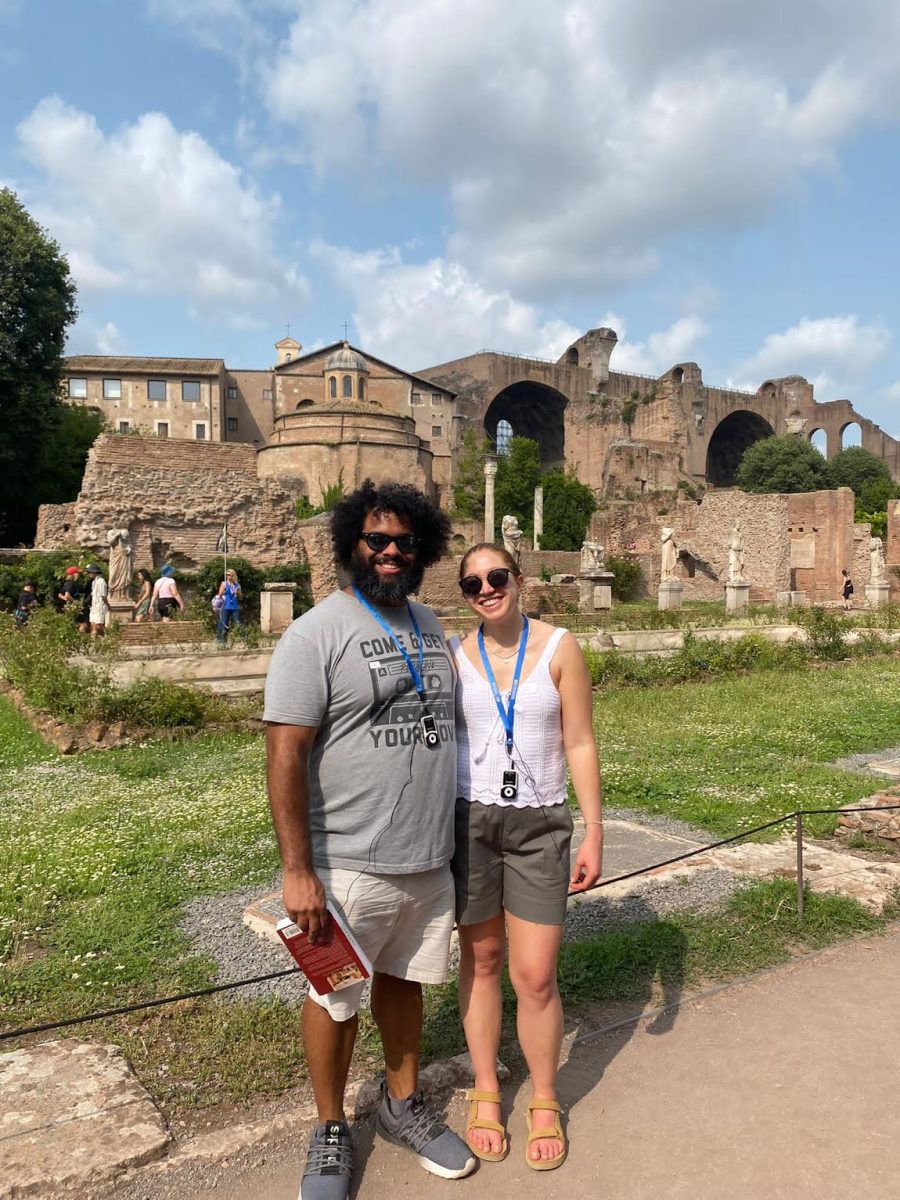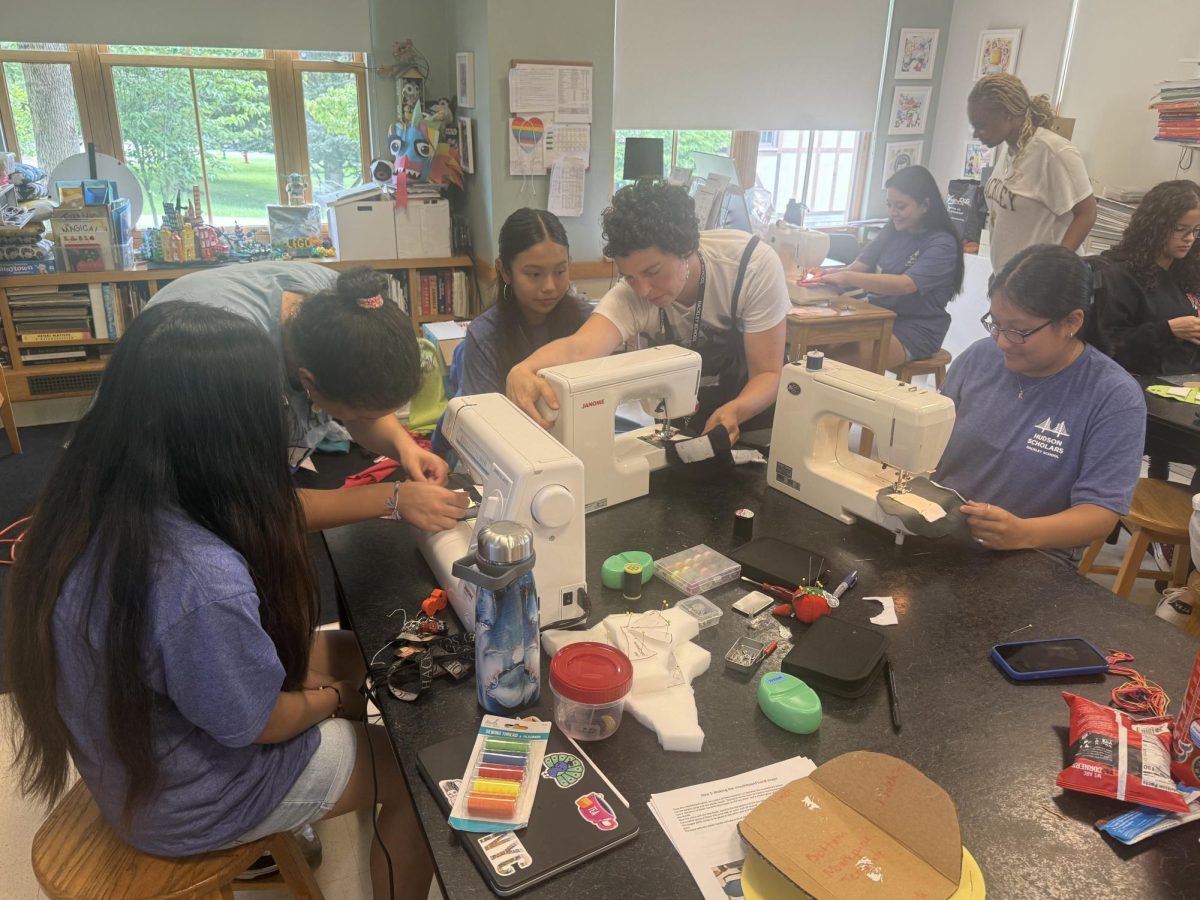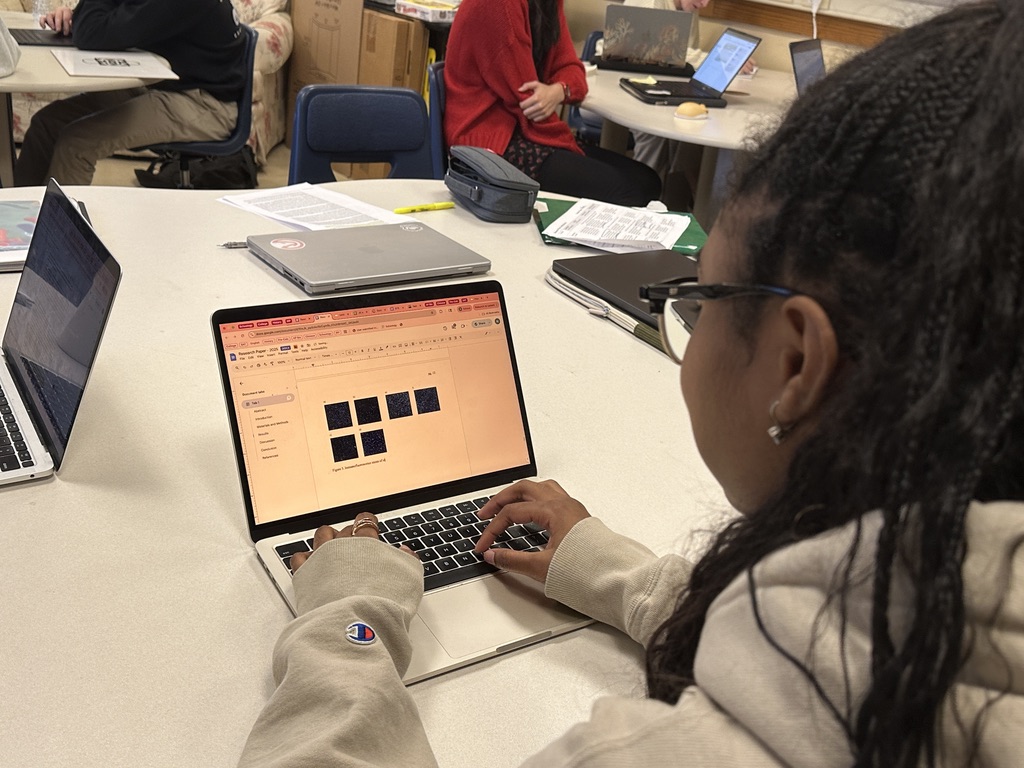As artificial intelligence platforms like Chat GPT have been on the rise, adopted, and used across various fields of work, the English and History departments on the Hilltop have come to question their role in our classrooms. To prevent the use of AI and dishonest work, both English and History teachers have adopted a new Google Chrome extension that tracks students’ work.
The extension monitors writing activity within a Google Doc and reveals when a student begins writing, how often they revise, and whether large amounts of text were pasted in. While some students may view this as a tool that is trying to catch them, teachers view it as a way to uphold academic integrity and support genuine learning.
“We pride ourselves on giving good feedback,” said Mr. Loomis, history department chair. Although he has yet to assign a take-home writing this trimester, he wants to implement this extension in future writing assignments. “This is just another tool to help teach academic integrity, what it means, and how to give students the proper tools to achieve it.”
Mr. Loomis said that technology has always been a part of his classroom.
“We’ve always used technological tools,” he said.
According to Loomis, this extension will help identify AI-generated writing. However, he clarified that his goal is not to punish students. “I really enjoy teaching students. I’m not trying to catch students,” he said, “Academic integrity is about students being committed to their learning.”
Dean and English teacher Ms. Moriarty said that the tool is used to highlight the writing process, not punish the students.
“It’s a useful tool to implement the importance of process,” she said. “It’s not meant to work as a gotcha moment.”
Ms. Moriarty has long used revision history to understand how her students approach their writing; she appreciates that this extension makes this data more visible and accessible.
This concern about AI isn’t new. Ms. Moriarty and Mr. Loomis acknowledged that students have always looked for shortcuts. AI is a more powerful and accessible version of things students used to use.
“The sound of the writing is not enough to pinpoint AI,” says Mrs. Moriarty, “but the revision history and this extension help expose big copy-and-pastes or moments when something wasn’t written organically.”
Rather than making AI the enemy, Mrs. Moriarty tries to approach it differently.
“AI is not allowing you to learn in the way the curriculum is set up,” she said, adding that she would always prefer a student to ask for an extension rather than resort to AI when under pressure. Still, she tries to have an optimistic view.
“Innovation is always a good thing. It’s not productive or naive to be against it or ignore it just because it’s different,” she said.
Both teachers see this extension as an addition and not a solution. “It always goes back to students being honest with their teachers,” Mr Loomis said. “This is about building a human-centered learning environment.”
Mrs. Moriarty also said that there is positive potential. “This extension isn’t just about catching dishonesty, it’s about praising those who are doing the work,” she said. “It creates a more equitable system where the process matters just as much as the product.”
Even though it’s just recently been implemented, both the history and English departments believe the extension will stay a regular in the classroom for the foreseeable future. For now, the hope is that it helps enforce transparency and stronger writers.













